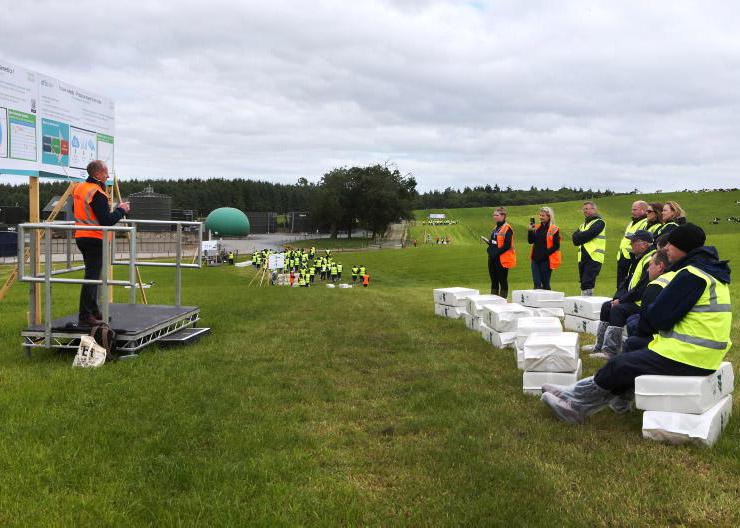DEAR SIR: The latest Intergovernmental Panel on Climate Change (IPCC) special report has prompted the usual unquestioning hysteria from the mainstream media.
However, even a cursory review of its headline statements reveals that the report has at least three significant flaws.
It ignores the latest scientific research and observations that confirm much lower climate-warming sensitivity to increasing levels of greenhouse gases (GHG) than projected by IPCC, in particular the much lower gobal warming potential (GWP) of methane and nitrous oxide, the main agriculture emissions.
A seminal paper is shortly to be published in the US that will confirm the GWP of these gases to be actually negligible.
It focuses only on land temperatures, which are now demonstrably affected by the urban heat island (UHI) effect, that being local micro-climates created by reflected heat from buildings and infrastructure (which also doubtless contributed to the “record” temperatures in UK and mainland Europe last month).
The true anthropogenic global warming (AGW) effect can only be determined from weather stations free from the UHI influence, or better still, by satellites with truly global coverage.
The report fails to mention the beneficial effects of increasing carbon dioxide levels in promoting photosynthesis, which is actually leading to a proven “greening” of the planet, which will assist in feeding its rapidly-growing population.
There are of course some parts of the world now facing increased desertification, part of natural regional climate variability that has continued through the planet’s 4.5bn-year history.
Put together, these basic flaws seriously detract from the scientific objectivity of the report.
Therefore, I argue that it provides little basis for drastic action on changing land use in Ireland, nor in particular any valid argument for downsizing its environmentally-efficient beef production.
All that said, it is imperative that governments much more actively address the world’s regions subject to drought, famine and conflict.
Food production is growing globally as Organisation for Economic Co-operation and Development (OECD) data shows, but the challenge is to distribute it effectively to the over half billion people most in need and above all, to avoid food waste.










SHARING OPTIONS